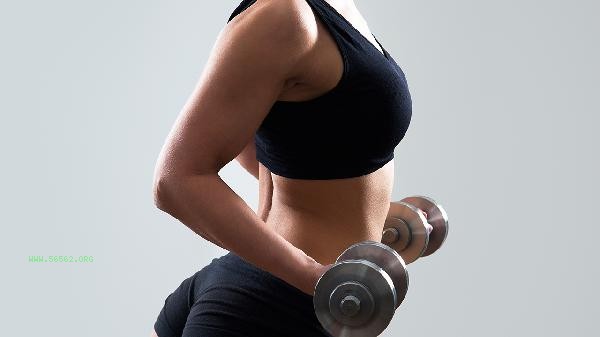After exercising, it is recommended to choose carbohydrates with low glycemic index and high dietary fiber, such as oats, sweet potatoes, whole wheat bread, brown rice, and quinoa. This type of food can stabilize blood sugar and provide sustained energy, which helps with muscle recovery and glycogen supplementation.

1. Oats
Oats are a high-quality source of complex carbohydrates, rich in soluble dietary fiber and B vitamins. Its low glycemic properties can prevent drastic fluctuations in blood sugar levels, and the β - glucan component can also promote intestinal health. Eating oatmeal with milk or yogurt after exercise can not only replenish energy but also provide protein.
2. Sweet potatoes
Sweet potatoes are rich in slow digesting starch and vitamin A, and their natural sweetness comes from slow-release carbohydrates. Compared to refined sugars, sweet potatoes have a slower sugar increase rate and contain potassium, which helps maintain electrolyte balance after exercise. It is recommended to choose steaming method to preserve nutrients and avoid frying to increase additional calories.
3. Whole wheat bread
Whole wheat bread retains the bran and germ, providing more dietary fiber and minerals. Compared to white bread, its carbohydrate release rate is slower, making it suitable as a base for sandwiches after exercise. Paired with chicken breast or eggs, it can form a balanced combination of carbohydrates and proteins.

4. Brown rice
Brown rice contains a germ layer and a rice bran layer, and is rich in trace elements such as magnesium and zinc. Its carbohydrate structure is complex, with a moderate digestion and absorption rate, and can continuously provide glycogen supplementation for muscles. After exercise, brown rice can be cooked together with vegetables and lean meat to create a nutritionally balanced recovery meal.
5. Quinoa
Quinoa is one of the few complete protein grains that contains essential amino acids for the human body. Its carbohydrate content is moderate and rich in minerals, with a glycemic index of only 53. After cooking, it can be mixed with vegetable salad or used as a staple food to replace refined rice and flour, especially suitable for the dietary needs of fitness enthusiasts. 30-60 minutes after exercise is the golden window for supplementing carbohydrates, and it is recommended to limit the intake to 0.5-1 gram per kilogram of body weight. In addition to the above-mentioned foods, low sugar fruits such as bananas and blueberries can also be used as pairing options. Avoid high sugar beverages and refined pastries to prevent sudden increases and decreases in blood sugar levels. Long term fitness enthusiasts should pay attention to the total amount control and nutrient density of carbohydrates, combined with protein intake to form a 3:1 to 4:1 carbon water protein ratio, while ensuring a daily water intake of 2000-3000 milliliters to promote the elimination of metabolic waste.








Comments (0)
Leave a Comment
No comments yet
Be the first to share your thoughts!